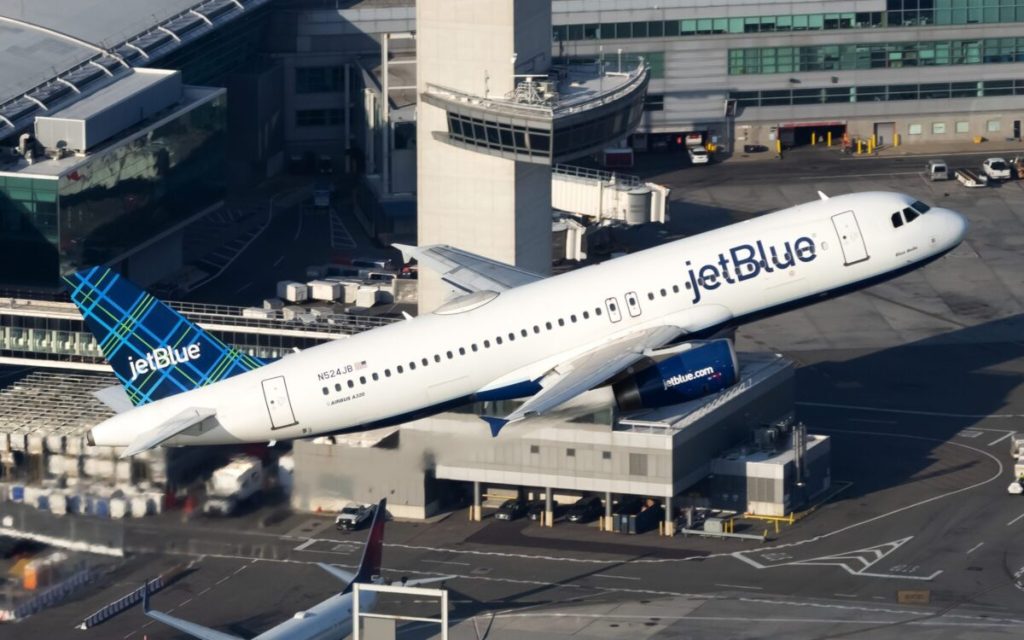The Department of Transportation has fined JetBlue $2 million for persistent flight delays, marking the first time an airline has been charged for consistent disruptions. The DOT argued that JetBlue had engaged in unrealistic scheduling practices that led to delays and disruptions for passengers. Half of the fine will go to affected JetBlue customers, with the other half going to the U.S. Treasury. Compensation for future delays will be valued at a minimum of $75 per affected passenger.
U.S. Transportation Secretary Pete Buttigieg stated that illegal chronic flight delays make flying unreliable for travelers and that the action against JetBlue puts the entire airline industry on notice. The DOT considers unrealistic scheduling to be an unfair, deceptive, and anticompetitive practice that disrupts travel plans and misleads consumers. The department is currently investigating other airlines’ flight schedules to ensure they reflect reality.
An investigation into JetBlue found that the carrier operated four chronically delayed flights between June 2022 and November 2023, with delays lasting five months straight or longer. JetBlue was found to be responsible for over 70% of disruptions on these flights, leading to 395 delays and cancellations. The DOT had previously warned JetBlue about consistent delays on specific routes, including JFK-Raleigh-Durham, Fort Lauderdale-JFK, Orlando-JFK, and Fort Lauderdale-Windsor Locks, Connecticut.
JetBlue stated that it believed the U.S. air traffic control, facing a shortage that led to slot constraints in New York airports, played a role in the delays. The carrier urged the incoming administration to prioritize modernizing outdated ATC technology and addressing chronic air traffic controller staffing shortages to reduce delays that affect millions of air travelers annually. The most recent Air Travel Consumer Report from the DOT found that JetBlue had one of the lowest percentages of on-time flights among major U.S. carriers, with only Spirit Airlines and Frontier Airlines reporting lower numbers.
The Airlines Sector Stock Index Performance Year-to-Date provides an overview of the performance of airline sector stocks within the ST200, which includes publicly traded companies across global markets, including network carriers, low-cost carriers, and related companies. The Skift Travel 200 combines the financial performance of nearly 200 travel companies worth over a trillion dollars into a single number. The index offers insights into the financial performance of companies in the airline sector and other travel-related industries.


